
Can a Herpes Treatment Cut Alzheimer’s in Half?
Most people are infected by Herpes Simplex Virus 1 (HSV1) by the time they reach old age. New evidence shows that on top of cold

Most people are infected by Herpes Simplex Virus 1 (HSV1) by the time they reach old age. New evidence shows that on top of cold

Anticholinergic drugs have been consistently linked to cognitive impairment. Scientists seek de-prescribing trials to test anticholinergic drugs as reversible risk factors for dementia. Can de-prescribing

DIAGNOSIS: A highly sensitive blood test has reached the market that can identify whether it is likely a patient has amyloid plaques in the brain,

POWERFUL FILM HIGHLIGHTS – VIDEO: In the gripping documentary Turning Point, acclaimed filmmaker James Keach takes us inside the quest for the first medication that could treat the underlying process of Alzheimer’s. See the movie trailer.

ABUSE VIDEO + ARTICLE: Over the past decade, nursing homes increasingly “dumped” residents on hospitals, refusing them permission to return. There were no consequences. In

PEOPLE WITH DEMENTIA cannot easily protect themselves. Nursing homes have long dodged accountability for dementia patients by making new residents sign a “pre-dispute arbitration agreement“.
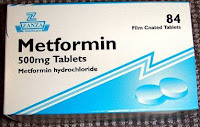
HELPFUL MEDICATIONS:
Diabetes can increase Alzheimer’s risk. Learn how drug treatments for diabetes bring that risk back down.

Until recently, APOE-e4 was thought to be the highest-risk Alzheimer’s gene. Then, a newly discovered immune-system gene began getting even more attention. Find out why
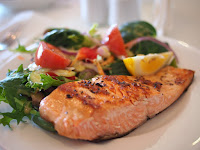
NUTRITION: In the fight against Alzheimer’s, a duo of diets rose to the top of the list in a report from the Alzheimer’s Association International
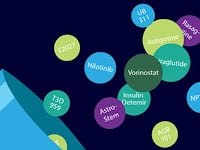
126 DRUGS ARE IN ALZHEIMER’S clinical trials. “Every single one represents hope,” according to Closing in on a Cure: Alzheimer’s Clinical Trials Report. Read the
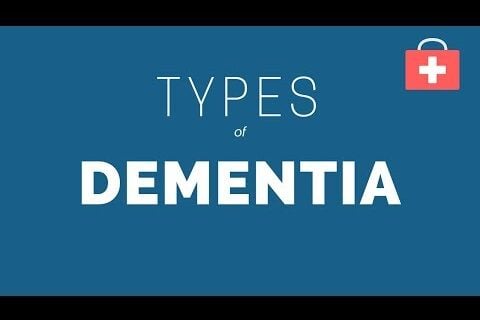
This “Overview for Med Students” sums up 5 common types of dementia: Alzheimer’s, Parkinson’s, Lewy body, vascular and frontotemporal dementia. Watch now.

China has 17 million people with Alzheimer’s, the most in the world. See their first Alzheimer’s care village, spanning 43,000 square metres — or six football fields — amid greenery, lakes and the backdrop of the famous Qinling mountains. Lauren Ong reports.
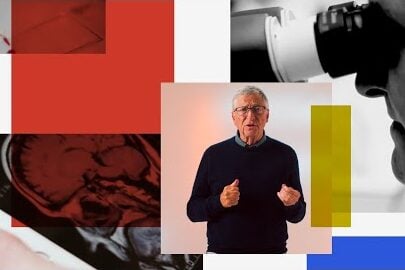
Bill Gates says, “I am blown away by how much we have learned about Alzheimer’s disease over the last couple years.” See his compelling video and insight-filled blog post.

Three important dementia studies focus on HS-AGING, a type of dementia almost as common as Alzheimer’s in the 85+ group. Yet few people have heard of it. Why? What makes it different?

An intriguing study of 120 grandmothers might surprise you. Doctors know socially engaged people have better cognition and less dementia. But can a person get too much of a good thing? What’s the right balance?

Enjoy this great duet between a musician with dementia and his son. A triumph of spirit over Alzheimer’s! Sing-a-long if you like!
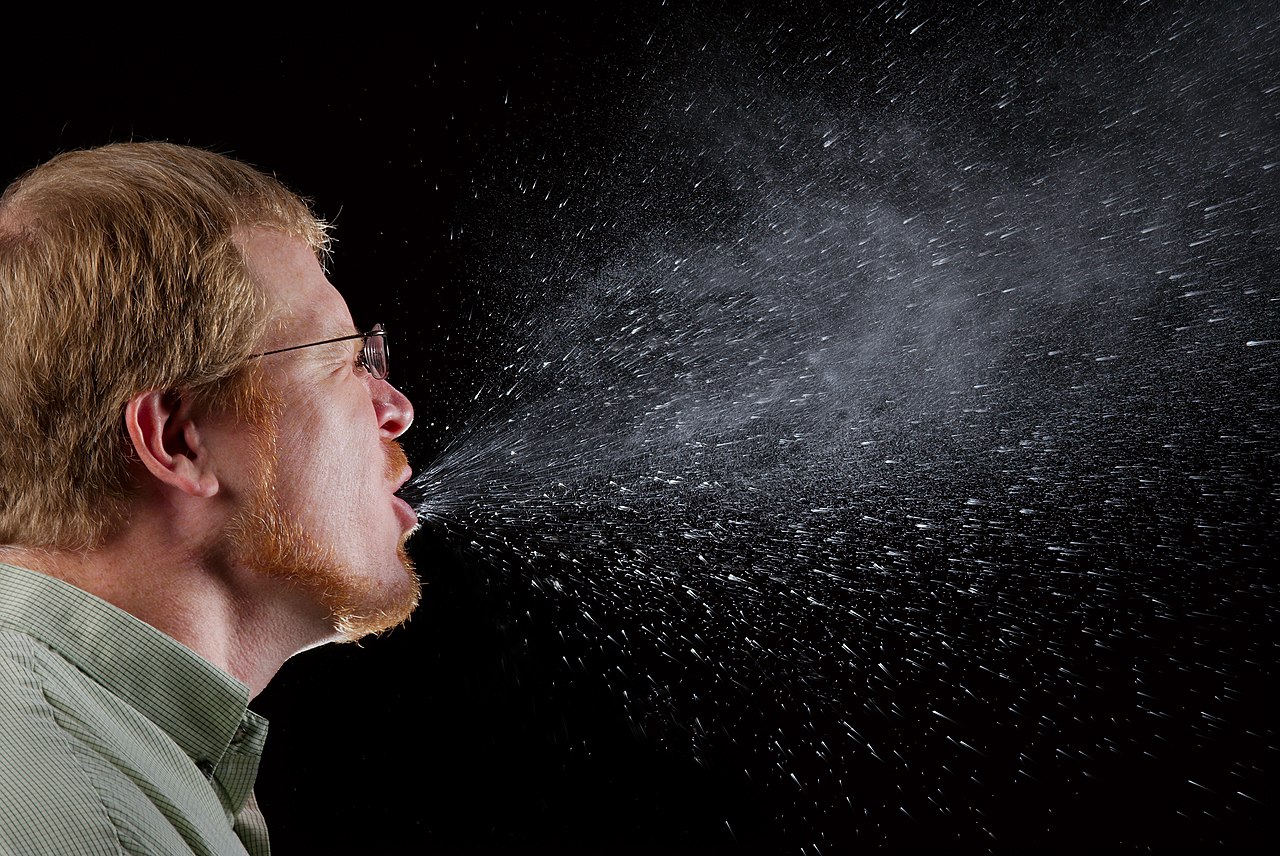
It looks like a sneeze cannot give anyone Alzheimer’s. While Alzheimer’s abnormal disease proteins do spread from cell-to-cell, they are not “infectious”. Check out the facts.
No spam, only news and updates.